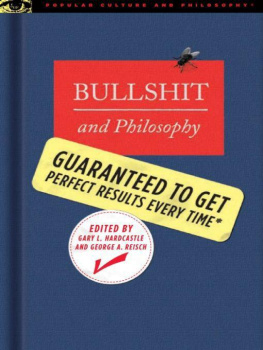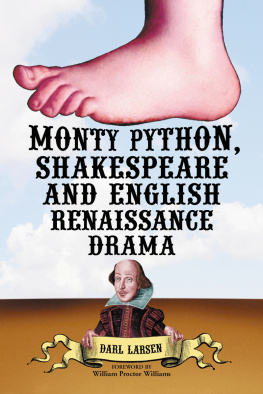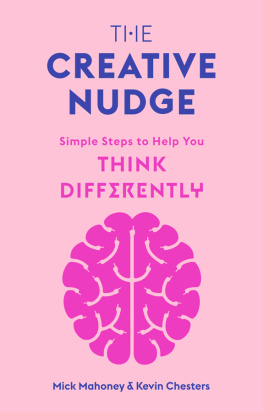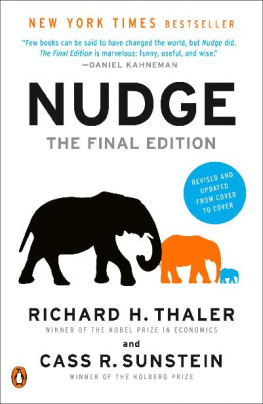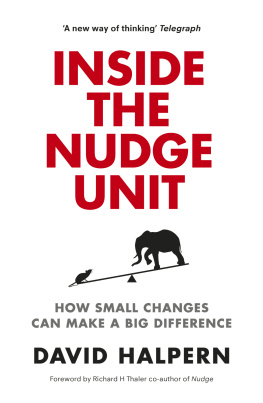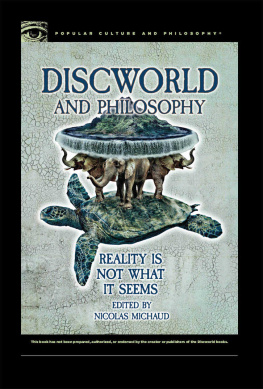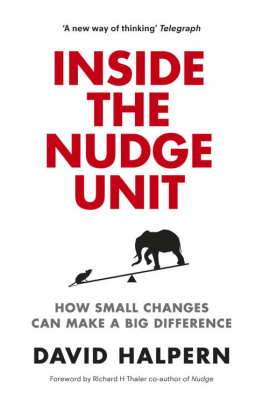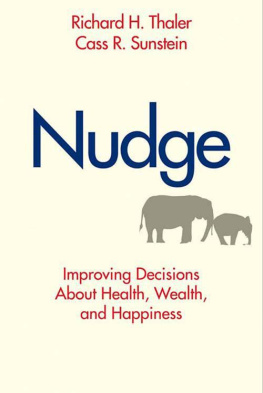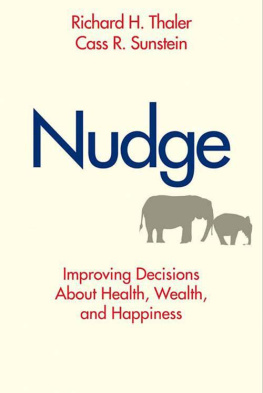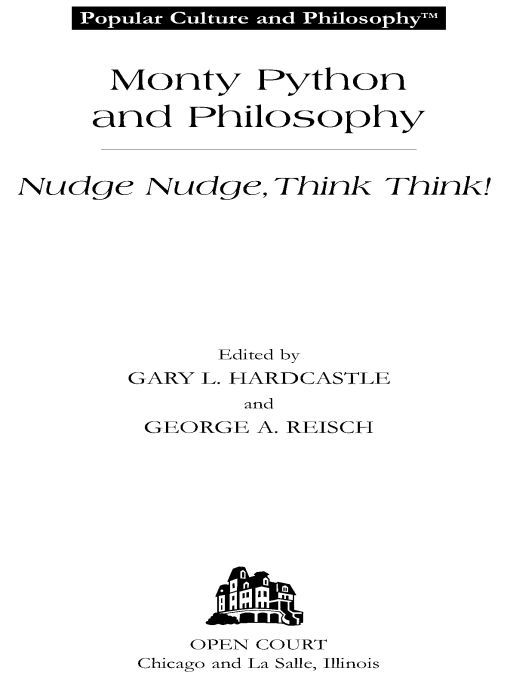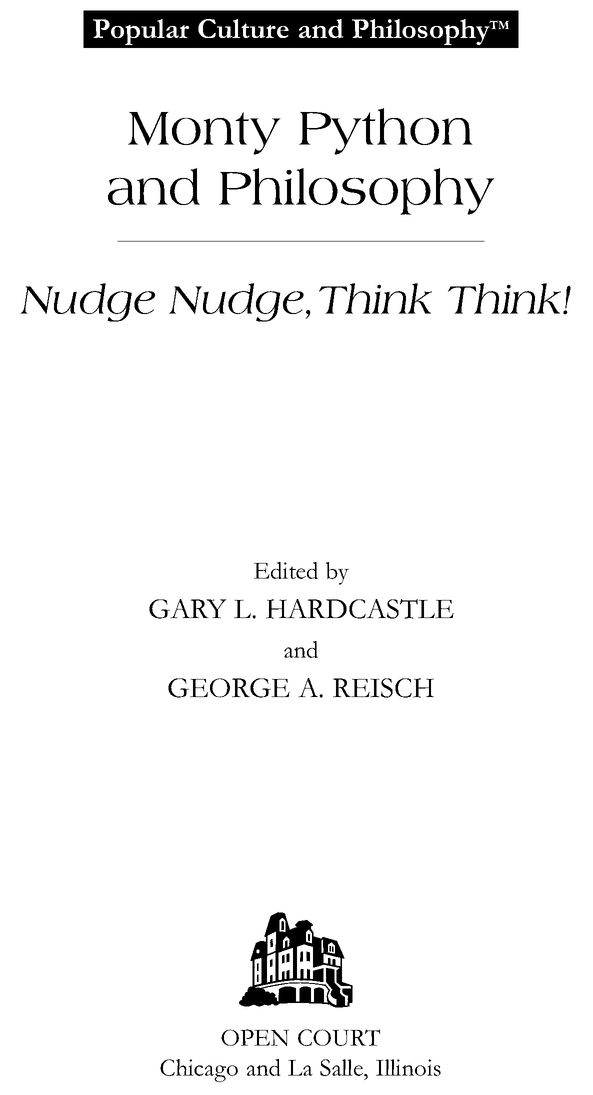Table of Contents
Popular Culture and Philosophy Series Editor: William Irwin
VOLUME 1
Seinfeld and Philosophy: A Book about Everything and Nothing (2000) Edited by William Irwin
VOLUME 2
The Simpsons and Philosophy: The Doh! Of Homer (2001) Edited by William Irwin, Mark T. Conard, and Aeon J. Skoble
VOLUME 3
The Matrix and Philosophy: Welcome to the Desert of the Real (2002) Edited by William Irwin
VOLUME 4
Buffy the Vampire Slayer and Philosophy: Fear and Trembling in Sunnydale (2003) Edited by James B. South
VOLUME 5
The Lord of the Rings and Philosophy: One Book to Rule Them All (2003) Edited by Gregory Bassham and Eric Bronson
Volume 6
Baseball and Philosophy: Thinking Outside the Batters Box (2004) Edited by Eric Bronson
VOLUME 7
The Sopranos and Philosophy: I Kill Therefore I Am (2004) Edited by Richard Greene and Peter Vernezze
VOLUME 8
Woody Allen and Philosophy: You Mean My Whole Fallacy Is Wrong? (2004) Edited by Mark T. Conard and Aeon J. Skoble
VOLUME 9
Harry Potter and Philosophy: If Aristotle Ran Hogwarts (2004) Edited by David Baggett and Shawn E. Klein
VOLUME 10
Mel Gibsons Passion and Philosophy: The Cross, the Questions, the Controversy (2004) Edited by Jorge J.E. Gracia
VOLUME 11
More Matrix and Philosophy: Revolutions and Reloaded Decoded (2005) Edited by William Irwin
VOLUME 12
Star Wars and Philosophy: More Powerful than You Can Possibly Imagine (2005) Edited by Jason T. Eberl and Kevin S. Decker
VOLUME 13
Superheroes and Philosophy: Truth, Justice, and the Socratic Way (2005) Edited by Tom Morris and Matt Morris
VOLUME 14
The Atkins Diet and Philosophy: Chewing the Fat with Kant and Nietzsche (2005) Edited by Lisa Heldke, Kerri Mommer, and Cindy Pineo
VOLUME 15
The Chronicles of Narnia and Philosophy: The Lion, the Witch, and the Worldview (2005) Edited by Gregory Bassham and Jerry Walls
VOLUME 16
Hip Hop and Philosophy: Rhyme 2 Reason (2005) Edited by Derrick Darby and Tommie Shelby
VOLUME 17
Bob Dylan and Philosophy: Its Alright Ma (Im Only Thinking) (2006) Edited by Peter Vernezze and Carl J. Porter
VOLUME 18
Harley-Davidson and Philosophy: Full-Throttle Aristotle (2006) Edited by Bernard E. Rollin, Carolyn M. Gray, Kerri Mommer, and Cynthia Pineo
VOLUME 19
Monty Python and Philosophy: Nudge Nudge, Think Think! (2006) Edited by Gary L. Hardcastle and George A. Reisch
IN PREPARATION:
Poker and Philosophy: Pocket Rockets and Philosopher Kings (2006) Edited by Eric Bronson
U2 and Philosophy (2006) Edited by Mark Wrathall
The Undead and Philosophy: Chicken Soup for the Soulless (2006) Edited by Richard Greene and K. Silem Mohammad
To Kiah, Cheshire, and Quinn, whove never had to be told to think for themselves
G.L.H.
And to Bruces Everywhere
G.A.R.
Whats All This Then? The Introduction
GARY L. HARDCASTLE and GEORGE A. REISCH
Pythonist: A person who professes to prophesy through some divine or esoteric inspiration.
Websters Third New International Dictionary, Unabridged
England. Sunday evening, October 5th, 1969. A big surprise awaits those switching on their television sets and settling in for an evening of entertainment. A game show features Genghis Khan dying, his death scored by panelists. An advertisement for butter heralds its superior taste, all but indistinguishable from that of dead crab. And excited sportscasters cover Pablo Picasso painting while riding a bicycle through England (It will be very interesting to see how he copes with the heavy traffic round Wisborough Green!). Its... Monty Pythons Flying Circus!
At the end of the 1960sa decade of race riots, student protests, undeclared wars, political assassinations, Woodstock, the first moon landing, and the rise of the sensitive singer-songwriterperhaps nothing could be entirely new and unexpected. Yet Graham Chapman, John Cleese, Terry Gilliam, Eric Idle, Terry Jones, and Michael Palincollectively, Monty Pythonpulled it off week after week. When a tuxedoed John Cleese intoned And now for something completely different... (mocking the BBC, naturally), he was completely right. Characters suddenly announced their desire to be not only lumberjacks, but cross-dressing lumberjacks. Sketches were interrupted by characters from other sketches. Viewers were taught self-defense techniques against fresh fruit. Somehow, the Pythons consistently found ways to move their audienceswithin minutes, sometimes even secondsfrom blunt incomprehension (the Fish Slapping Dance?) to fits of hearty, memorable laughter. Python fans vividly remember their first time.
For many of us, this kind of humor was just what we needed to survive the 1970s, not to mention the 1980s. By then, Monty Python had found its audience, wiggled into the collective consciousness, and become one of the most successful and influential comedy institutions of the twentieth century. After four seasons and forty-five episodes of Monty Pythons Flying Circus, the Pythons did the proper British thing and established an empire of books, audio recordings, and feature films, notably Monty Python and the Holy Grail (1975), Monty Pythons Life of Brian (1979), and Monty Pythons The Meaning of Life (1983). As of this writing, the empire has conquered Broadway, where Monty Pythons Spamalot, a musical adaptation of Monty Python and the Holy Grail, plays to packed houses (well, at least, we cant get tickets) while its creators, chief among them Eric Idle, try out various spots on the mantel for the Tony Awards that the show has won. Indeed, much of popular culture has been Pythonized. Watch George Carlin, Richard Pryor, Steve Martin, Andy Kaufman, Mike Myers, and their comedic progeny, or Saturday Night Live, The Simpsons, In Living Color, Kids in the Hall, Arrested Development, and their comedic progeny, and youll see Python again, echoed in dozens of ways. Read contemporary criticism of entertainment and culture, or nearly anything postmodern, and youll see the word pythonesque or knowing references to spam or nudge nudge, wink wink that mark a common bond between author and readeryep, Python fan.
Not everyone, of course, belongs to the club. We all know one or two who stare at a Python sketch the way a dog looks at a card trick. They just dont get it. Thats okay, of coursejust dont offer them a Whizzo Chocolate or tell them you werent expecting the Spanish Inquisition, lest you get a blank stare in return. This book, on the other hand, is for people who do get it. Actually, its a book for people who not only get it, but who have, on occasion, wondered what that it is exactly. Youve probably noticed the books title, so you wont be surprised that we think that Monty Pythons absurdities bear a deep and interesting connection to philosophy.


